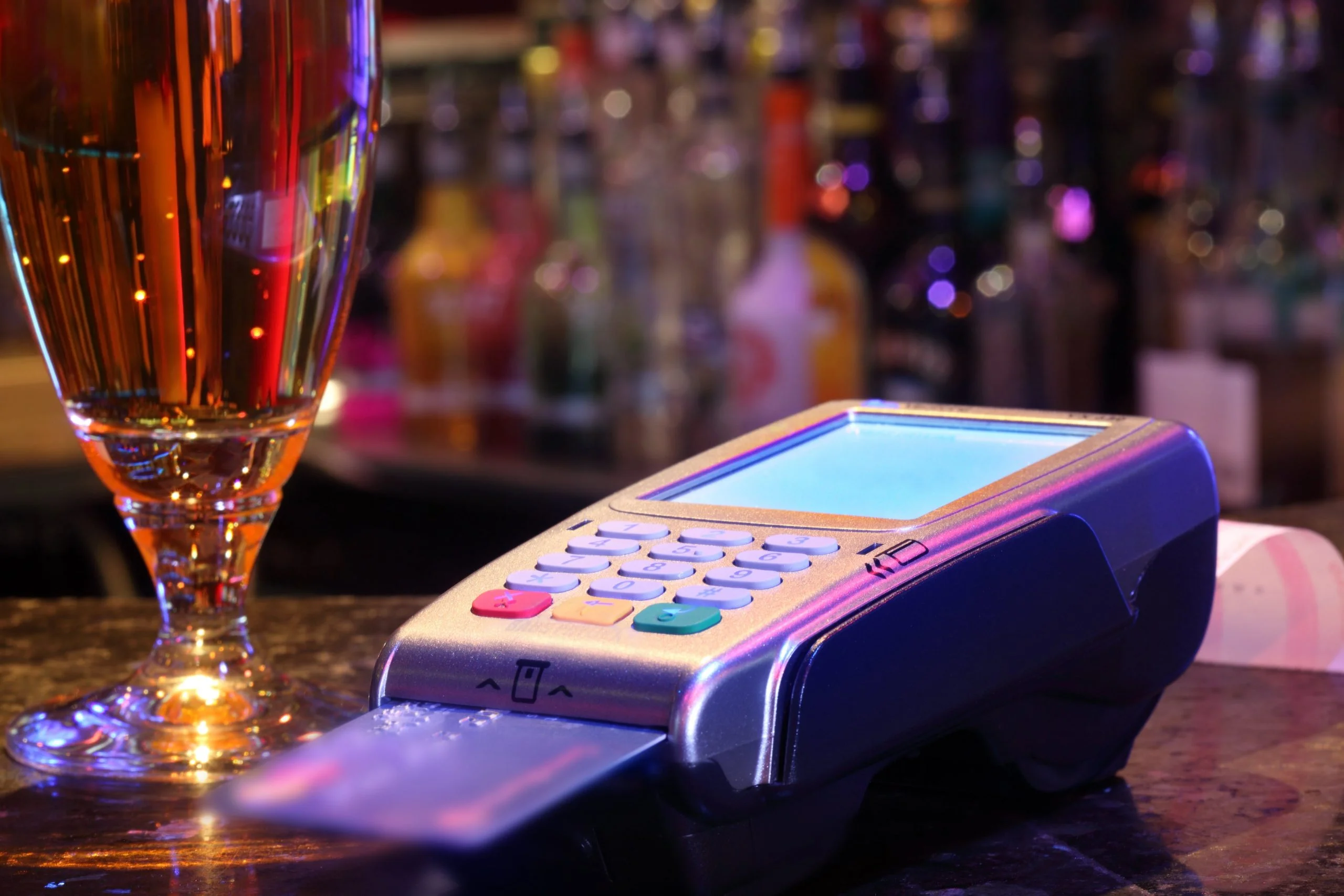Selling alcohol requires more than just stocking shelves and serving customers. Every transaction must follow strict laws while also meeting customer expectations for fast and secure payments. Alcohol retailers need payment processing features that balance compliance with convenience.
The right setup helps stores and online sellers handle age checks, manage high-risk transactions, and keep operations smooth.
It also connects with modern systems that support credit cards, mobile payments, and automated invoicing, which makes it easier to stay compliant and efficient.
Powerful age verification system to comply with legal drinking age requirements
Alcohol retailers must confirm that every customer meets the legal drinking age before completing a sale. This applies to both in-person transactions and online orders. Without proper checks, businesses risk fines, license suspension, or even permanent closure.
Modern payment systems often include tools that verify government-issued IDs. Some platforms require customers to upload identification before checkout, while others use ID scanning at the point of sale. These steps reduce the chance of underage purchases and help retailers stay compliant with state and federal laws.
Age verification also connects directly with reliable payment processing for alcohol sales. Payment providers that specialize in alcohol transactions often include compliance features that work across online stores, delivery services, and retail locations. This allows businesses to process payments smoothly while meeting strict legal requirements.
A strong verification process not only protects the retailer but also builds trust with customers. Buyers gain confidence that the business follows regulations and handles transactions responsibly.
High-risk merchant account tailored for the alcohol industry chargeback and compliance risks
Alcohol retailers face higher scrutiny because of age restrictions, strict regulations, and the potential for chargebacks.
Traditional processors often view these businesses as too risky, so a high-risk merchant account becomes the practical solution. It allows them to accept payments while addressing the unique challenges of the industry.
Chargebacks are more common in alcohol sales due to disputes over delivery, identity verification, or unauthorized purchases.
A high-risk merchant account includes tools to track and manage these disputes more effectively. This reduces financial losses and helps maintain stable processing.
Compliance is another major concern. Alcohol sales must meet government rules as well as card network requirements. A high-risk provider offers systems that support proper age verification and transaction monitoring, which helps retailers stay within legal boundaries.
In addition, these accounts accept a wide range of payment types, from credit and debit cards to ACH and eChecks. This flexibility gives retailers more ways to serve customers while keeping transactions secure and compliant.
Secure payment gateway with PCI compliance and fraud prevention
Alcohol retailers handle sensitive customer data, so they need a payment gateway that meets PCI DSS standards. These standards set rules for protecting cardholder information and reducing the risk of data breaches. A gateway that follows these requirements helps retailers keep customer trust and avoid penalties.
Fraud prevention tools also play a major role in safe transactions. Features such as tokenization, address verification, and encryption can block unauthorized access to payment data. As a result, retailers reduce chargebacks and protect both their business and customers.
In addition, a gateway with monitoring and reporting functions gives retailers more visibility into suspicious activity. This allows them to act quickly if fraud attempts occur. Strong security measures combined with PCI compliance create a safer payment process that supports both online and in-store sales.
Integration with POS systems supporting liquor credit card processing
A liquor store benefits from a POS system that works directly with credit card processing. This connection allows staff to accept payments through swipes, dips, taps, or mobile wallets without delays. The process reduces errors and keeps checkout lines moving smoothly.
Integration also helps store owners track sales in real time. Each transaction flows into the POS system, giving accurate records without extra manual entry. This accuracy supports both financial reporting and inventory control.
In addition, integrated systems support features like dual pricing or cash discount programs. These tools give retailers flexibility in how they manage fees and present payment options to customers.
Security also improves with integration. Data transfers securely between the POS and processor, which reduces the chance of mistakes or fraud. As a result, both customers and staff gain confidence in the payment process.
Automated invoice and payment processing for distributor compliance
Alcohol retailers must follow strict rules set by distributors and regulators. Automated invoice and payment systems help meet these requirements by reducing manual errors and keeping records accurate. This creates a clear audit trail that supports compliance checks.
These systems capture invoice data, match it with purchase orders, and route it for approval. As a result, payments move faster and disputes with distributors decrease. Retailers also gain better visibility into cash flow and outstanding balances.
Automation also reduces delays that often occur in manual workflows. For example, invoices can be approved in less time, which helps retailers stay current with distributor terms. This prevents late fees and avoids interruptions in supply.
In addition, digital records make reconciliation simpler. Retailers can track invoices by date, amount, or distributor without searching through paper files. This improves accuracy while giving both retailers and distributors confidence in the transaction process.
Conclusion
Alcohol retailers need payment systems that balance compliance, security, and customer convenience. Features such as age verification, flexible payment options, and fraud protection help stores meet legal requirements while keeping transactions smooth.
In addition, strong reporting tools and integration with inventory management give retailers better control over sales and operations. These features reduce errors and support consistent business growth.
Therefore, the most effective payment solutions are those that address regulations, protect against risks, and adapt to evolving customer preferences. This balance allows retailers to process payments efficiently while maintaining trust with both regulators and consumers.


